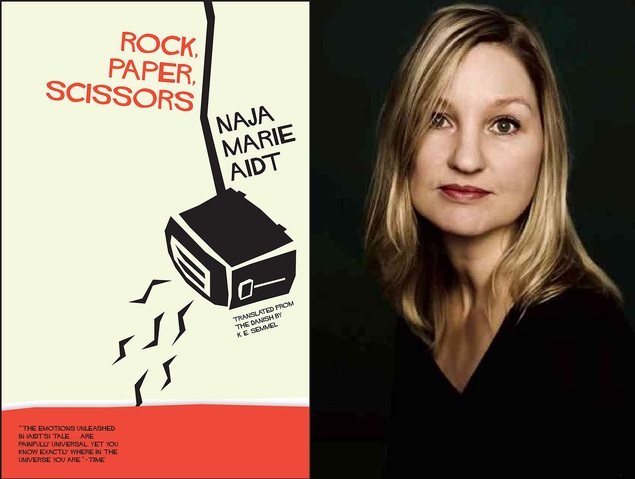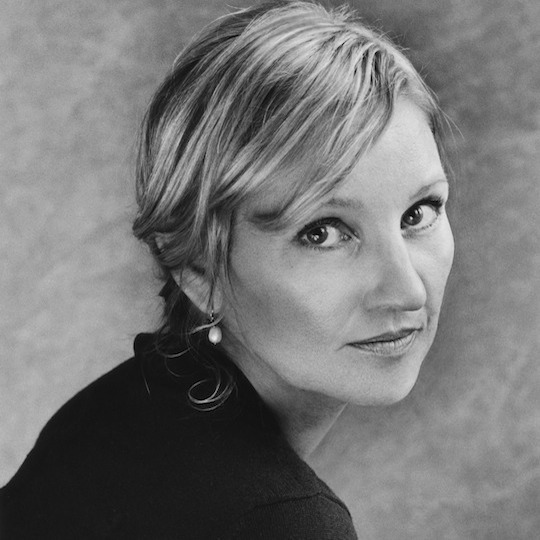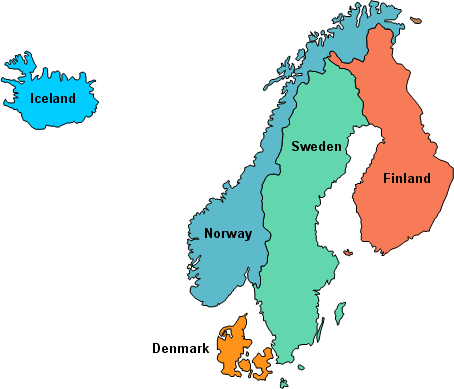See here a picture of prosperous urban life—clean, quiet, well organized, polite and considerate—now lift up the top and see the unfounded rage, the explosive violence, and the metaphysical distress bubbling just under that calm surface. This is what Danish poet and writer Naja Marie Aidt conveys to us in her latest novel, Rock, Paper, Scissors (Open Letter, 2015), translated from the Danish by K. E. Semmel.
Thomas O’Mally Lindström is a small business owner who lives in an upscale apartment with his girlfriend, Patricia. The novel begins with Thomas and his sister, Jenny, making arrangements for the funeral of their father, Jacques. We see Thomas as a man who has his life put together: he runs a successful stationary business with his partner, he’s in a relationship with an attractive, intelligent and kind woman, he is an affectionate brother to Jenny and a good uncle to her daughter, Alice. Thomas seems to have successfully left behind his poor, abusive childhood; in which he and Jenny had suffered at the hands of Jacques, a petty criminal and drug-pusher.
Things start to fall apart when Thomas, while helping his sister sort out Jacques’s things at his rundown apartment, finds a huge sum of money hidden in an old, broken toaster. Thomas decides to keep the money even though he knows his father probably came by it illegally. He hides the money in his basement; but it makes him sick with anxiety every time he thinks about it. At his father’s funeral a few days later, Thomas is surprised to find himself overcome with grief; he begins to sob uncontrollably when his sister Jenny hugs him after the service. The funeral is one among a number of great scenes—the generic service, the chapel’s “white walls, hard benches,” the tacky flowers, the awkward handshakes and nods, Jenny’s pretentious eulogy—all of it sets Thomas down a fresh spiral of panic. READ MORE…




